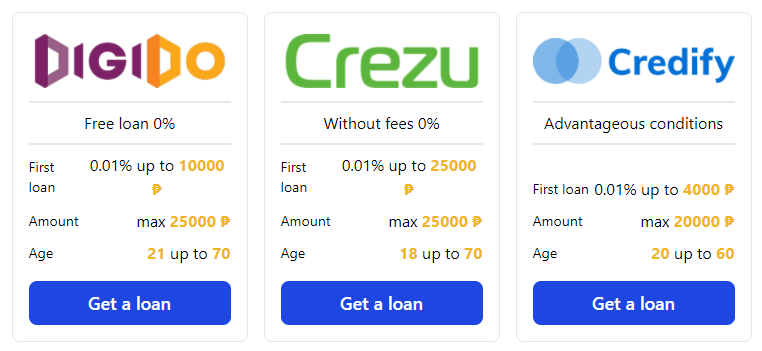In recent years, online loans have gained immense popularity among Filipinos due to their ease and convenience. Online loans have revolutionized the way people borrow money, making it easier and quicker for them to get access to funds. In this article, we will explore the different types of online loans available in the Philippines.
- Personal loans
- Payday loans
- Business loans
- Student loans
- Emergency loans
- Secured loans
- Unsecured loans
- Peer-to-peer loans
- Credit line loans
- Credit card cash advances
#1. Personal Loans:
Personal loans are a popular type of online loan available in the Philippines. These loans are generally used for personal expenses such as home renovations, weddings, travel, or medical expenses. Personal loans are unsecured, which means that they do not require any collateral to secure the loan. The amount that can be borrowed and the repayment terms vary depending on the lender.
#2. Payday Loans:
Payday loans are short-term loans that are designed to cover unexpected expenses and are typically due on the borrower’s next payday. These loans are usually small amounts and can be applied for online. However, payday loans are notorious for their high-interest rates and fees, which can make them very expensive.
#3. Business Loans:
Business loans are designed to help entrepreneurs start or grow their businesses. Online lenders offer different types of business loans, including startup loans, equipment financing, and working capital loans. Business loans can be secured or unsecured, and the amount and repayment terms depend on the lender.
#4. Student Loans:
Student loans are designed to help students pay for their education. These loans are usually unsecured and can be applied for online. In the Philippines, student loans are offered by both private lenders and the government. The terms and conditions of student loans vary depending on the lender.
#5. Emergency Loans:
Emergency loans are designed to help borrowers cover unexpected expenses such as medical bills or car repairs. These loans are usually short-term and unsecured. Emergency loans can be applied for online and are typically approved quickly.
#6. Secured Loans:
Secured loans require collateral, such as a car or a house, to secure the loan. Secured loans are typically easier to get approved for and have lower interest rates than unsecured loans. However, if the borrower fails to repay the loan, the lender can seize the collateral.
#7. Unsecured Loans:
Unsecured loans do not require collateral, but they are usually more difficult to get approved for than secured loans. Unsecured loans have higher interest rates and fees than secured loans to compensate for the additional risk to the lender.
#8. Peer-to-Peer Loans:
Peer-to-peer loans are loans that are funded by individuals rather than banks or financial institutions. These loans are typically unsecured and can be applied for online. Peer-to-peer lending platforms connect borrowers with lenders, and the terms and conditions of the loan depend on the lender.
#9. Credit Line Loans:
Credit line loans are similar to credit cards, as they provide a line of credit that borrowers can draw from as needed. These loans are typically unsecured and can be applied for online. Credit line loans have a revolving balance, and borrowers are only required to pay interest on the amount borrowed.
#10. Credit Card Cash Advances:
Credit card cash advances allow borrowers to withdraw cash from their credit card. These advances typically have high-interest rates and fees and should only be used as a last resort.
Conclusion:
Online loans have made it easier and more convenient for Filipinos to borrow money. With so many different types of online loans available, borrowers can find a loan that meets their specific needs. It is important to compare different loans and lenders before applying for a loan to ensure that you get the best deal possible.
